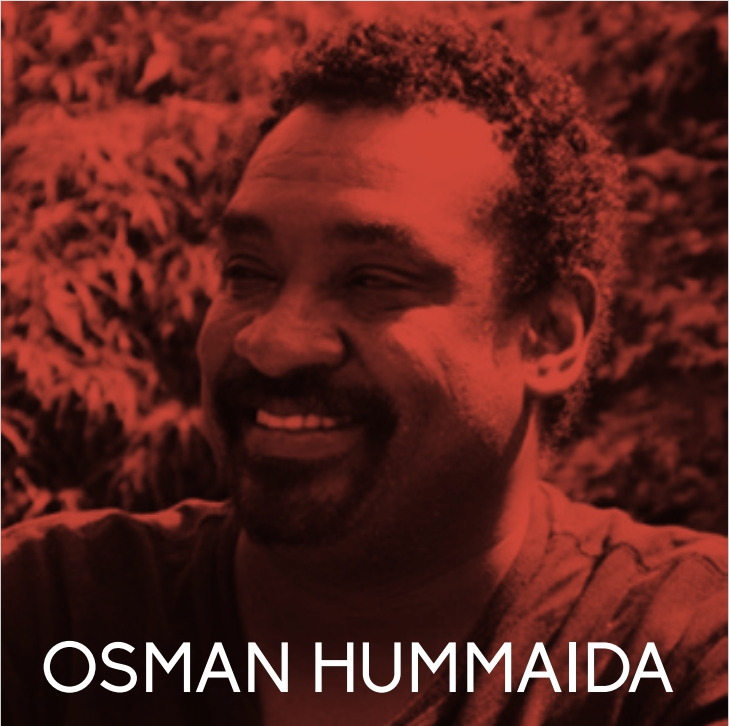Press Statement
UN: Time to Go Beyond Reporting on Reprisals
The United Nations Human Rights Council held its first panel discussion yesterday on the issue of intimidation or reprisals against individuals and groups cooperating with the UN, its representatives and mechanisms in the field of human rights yesterday. The East and Horn of Africa Human Rights Defenders Project welcomed this important development and called for more concrete responses to follow.
Reprisals have received increasing attention recently from the UN Secretary-General, the High Commissioner for Human Rights and the President of the Human Rights Council – a commitment that was reiterated in their opening statements to the panel – as well as from a number of States, notably through the sustained commitment and leadership of Hungary on this issue.
Mr. Hassan Shire, Executive Director of the East and Horn of Africa Human Rights Defenders Project took part in the panel held on Thursday 13th September 2012 in Geneva, alongside Mr. Szabolcs Takács, Deputy State Secretary for Global Affairs, Ministry of Foreign Affairs of Hungary; Mr. Michel Forst, Chair of the Coordination Committee of Special Procedures; and Mr. Claudio Grossman, Chair of the United Nations Committee against Torture. The panel was chaired by the Vice-President of the Human Rights Council, His Excellency Mr. András Dékány, Ambassador of Hungary, and moderated by Ms. Mehr Khan Williams, Chair of the Board of the International Service for Human Rights.
In his statement, Mr. Shire noted that a number of cases of reprisals against human rights defenders in the East and Horn of Africa sub-region have been included in the Secretary-General’s report. These include physical attacks, killings, arbitrary and incommunicado detention, torture and ill-treatment, death threats and media smear campaigns against organizations and individuals as a result of, inter alia, their coordination of input among NGOs at the national level to the Universal Periodic Review, participation at the Council and meeting special procedures during country visits.
Reprisals generally have very long-lasting consequences for the individuals affected in many cases, most tragically for those such as Mr. Oscar Kamau Kingara and Mr. John Paul Oulu of the Oscar Foundation Free Legal Aid Clinic who were killed in Kenya in 2009 after meeting with the UN Special Rapporteur on extrajudicial, summary or arbitrary executions. Despite calls by the Prime Minister in 2011 for investigations to resume, EHAHRDP is aware of no meaningful follow-up on this case. Others have been forced to flee their countries for their own safety as result of threats and have remained for years in exile.
Mr. Shire emphasized that while organisations such as EHAHRDP are able to provide some practical responses, the primary responsibility for responding and for preventing reprisals lies with States. This important principle was recognized and reaffirmed repeatedly during the interactive dialogue.
EHAHRDP made recommendations for concrete actions in two main areas – in sustained follow-up to cases that occur and in the promotion of greater coordination and cooperation for both the prevention and response to cases of the intimidation and reprisals. There should be a dedicated annual debate at the Human Rights Council of the Secretary-General’s report on reprisals that would allow States concerned to give feedback on steps taken to investigate and take appropriate action in response to allegations. An accurate record of the status of all reported cases should also be kept, potentially through a central database or online registry managed by OHCHR.
In addition, greater coordination between those stakeholders who can provide practical and emergency assistance to those who have been the targets of reprisals would enable a more holistic response. This may include NGOs, OHCHR field presences, and States, especially EU delegations and member states missions under the EU Guidelines on HRDs.
“The Secretary-General has said that its time to go beyond reporting on reprisals,” said Mr. Shire, following the debate. “States must now commit to taking concrete steps to address the issue.” EHAHRDP was disappointed that Kenya, Rwanda and Sudan did not take part in the debate to respond to allegations contained in the Secretary-General’s report, and reiterates the call on all States concerned to investigate reported cases and provide appropriate remedies.
For more information, please see the links below or contact:
Mr. Hassan Shire, Executive Director on [email protected] or +41 793 375 875
Ms. Rachel Nicholson, Advocacy Officer on [email protected] or +41 762 850 366
To watch the full panel discussion online, please see: http://webtv.un.org/watch/full-video-panel-discussion-on-intimidation-reprisals-9th-meeting/1838590134001
To read EHAHRDP’s statement at the panel, please see:
To consult the Secretary-General’s report, please see:
http://www.ohchr.org/Documents/HRBodies/HRCouncil/RegularSession/Session21/A-HRC-21-18_en.pdf

